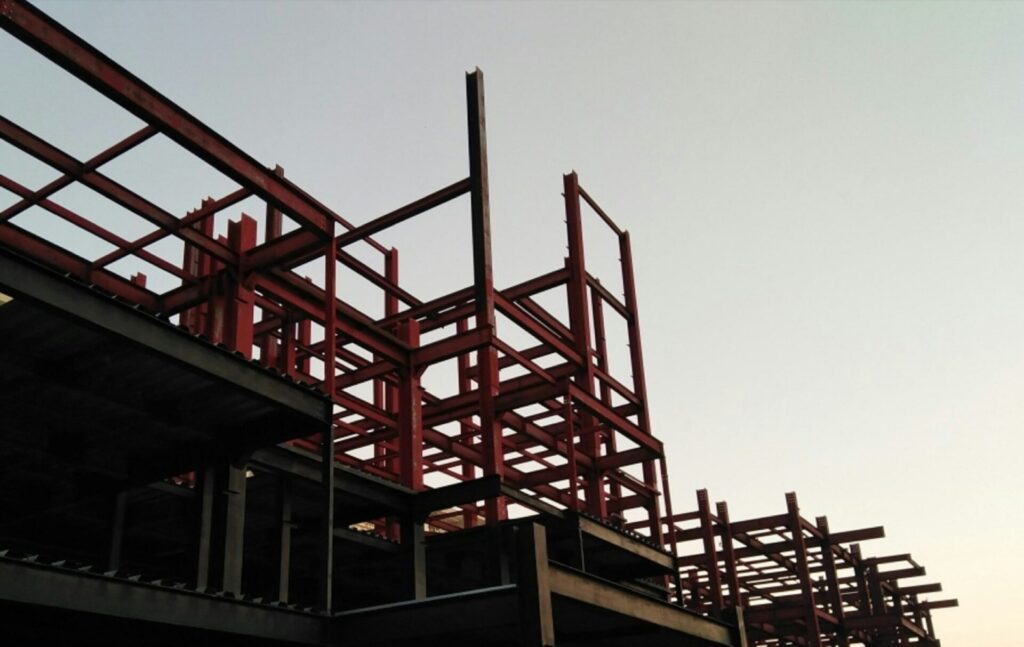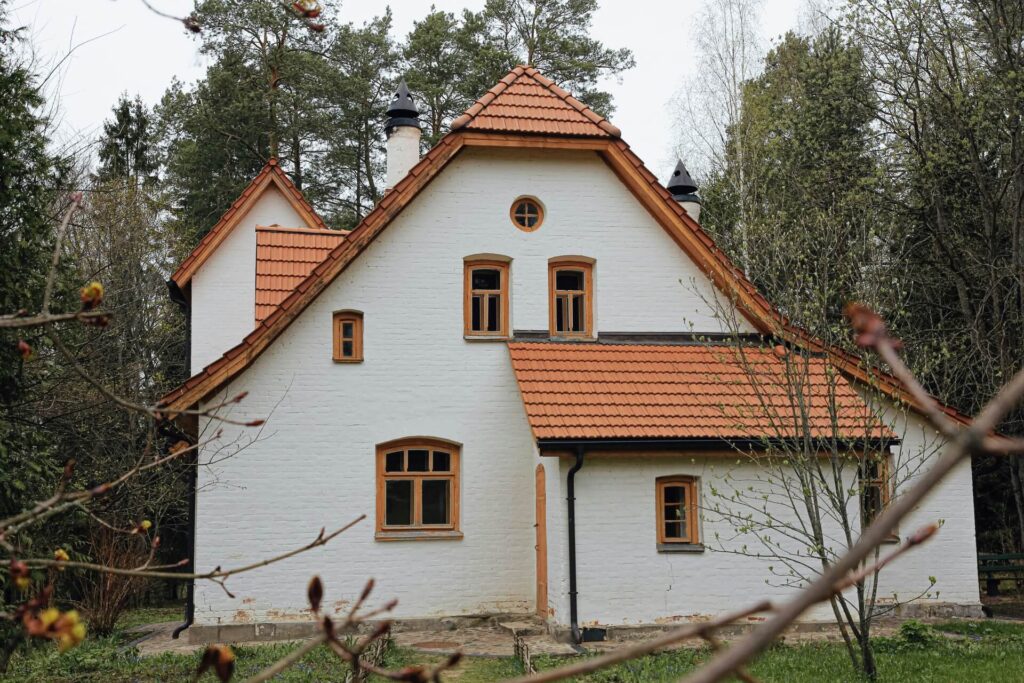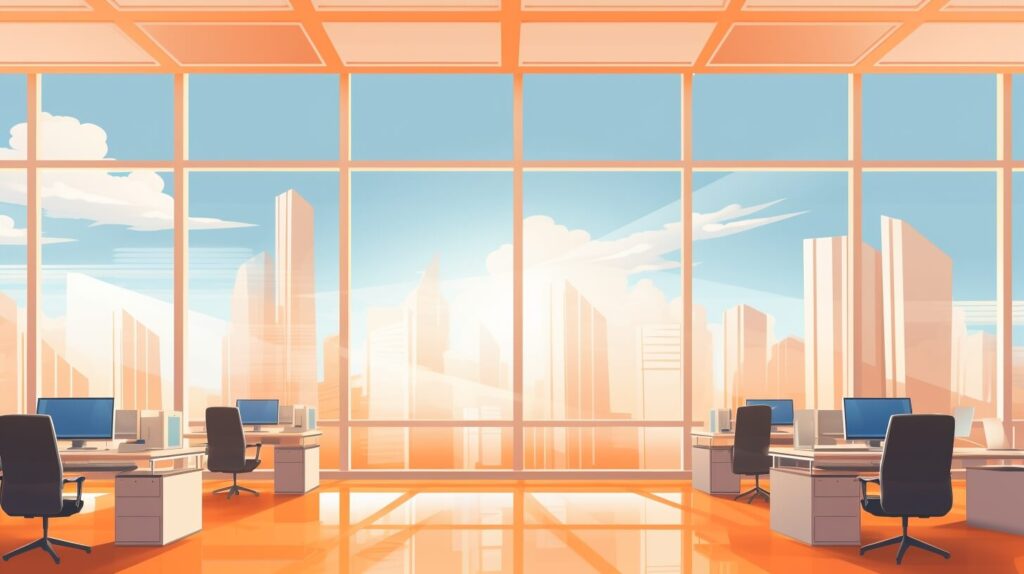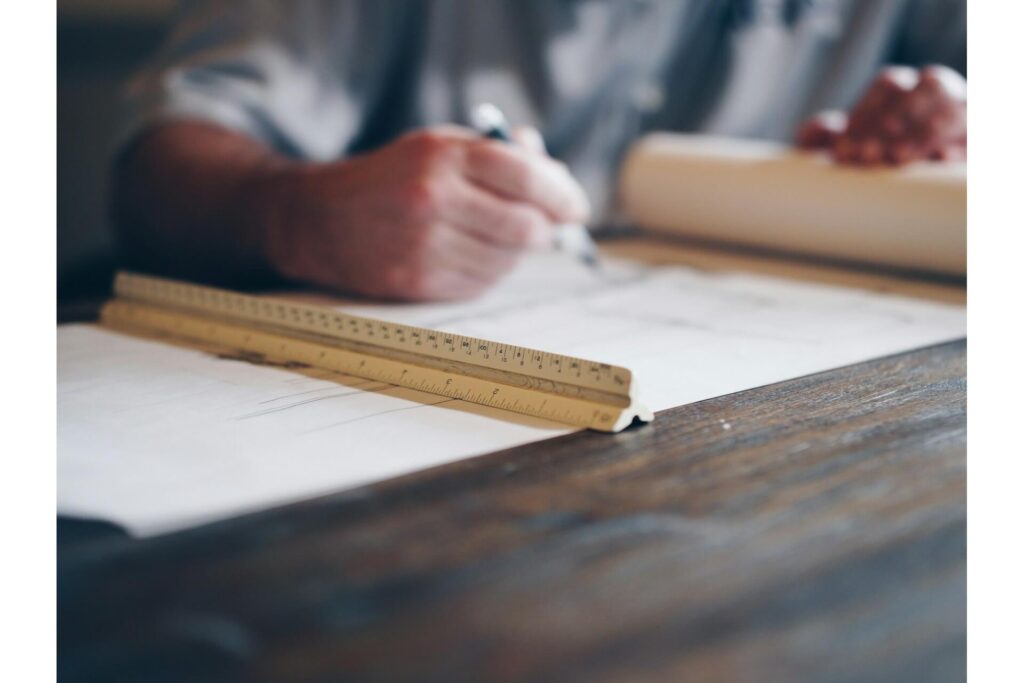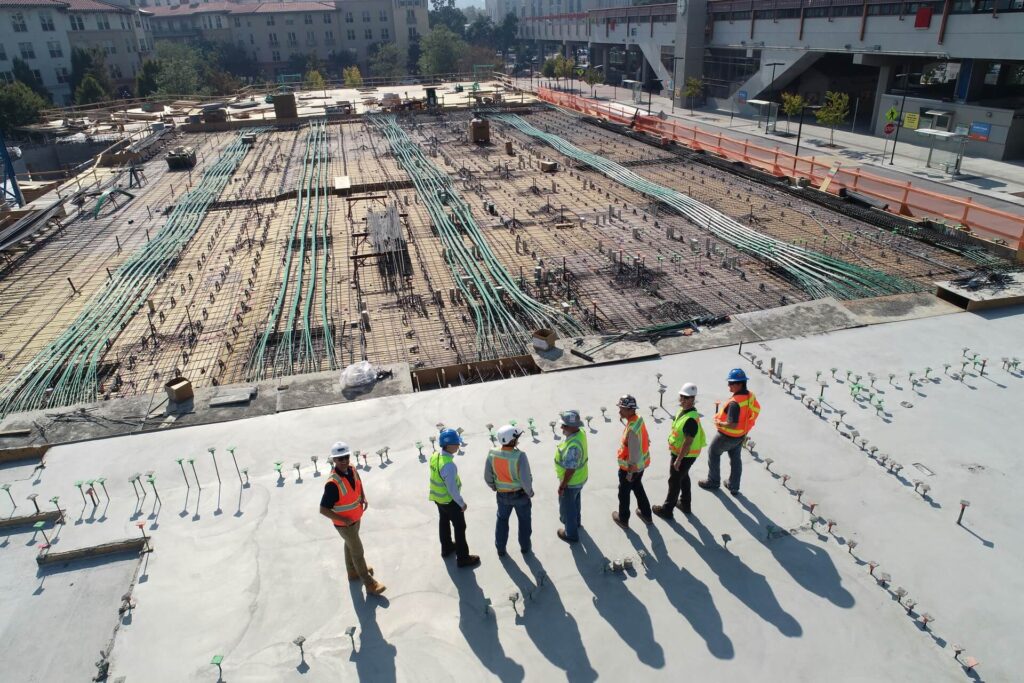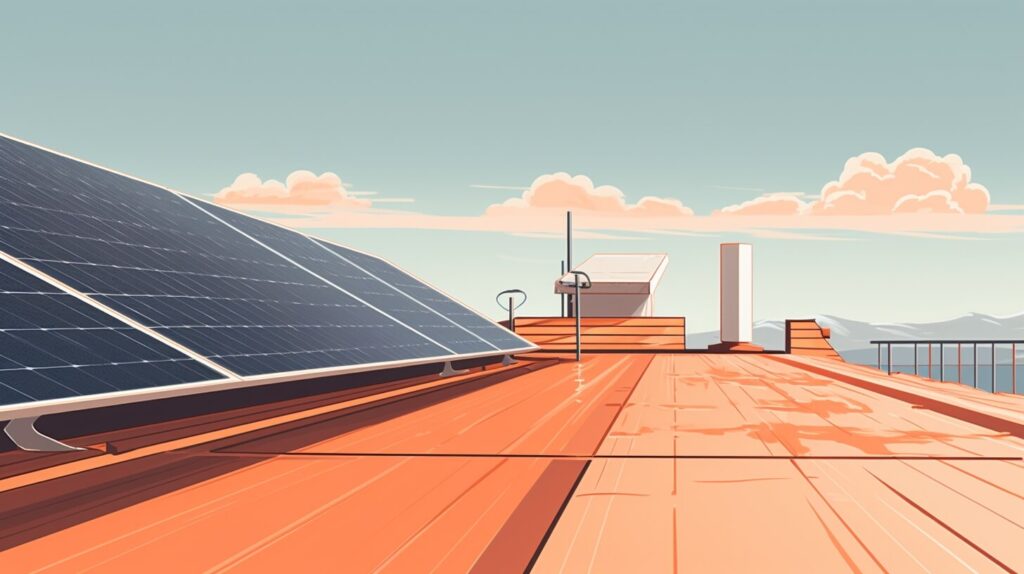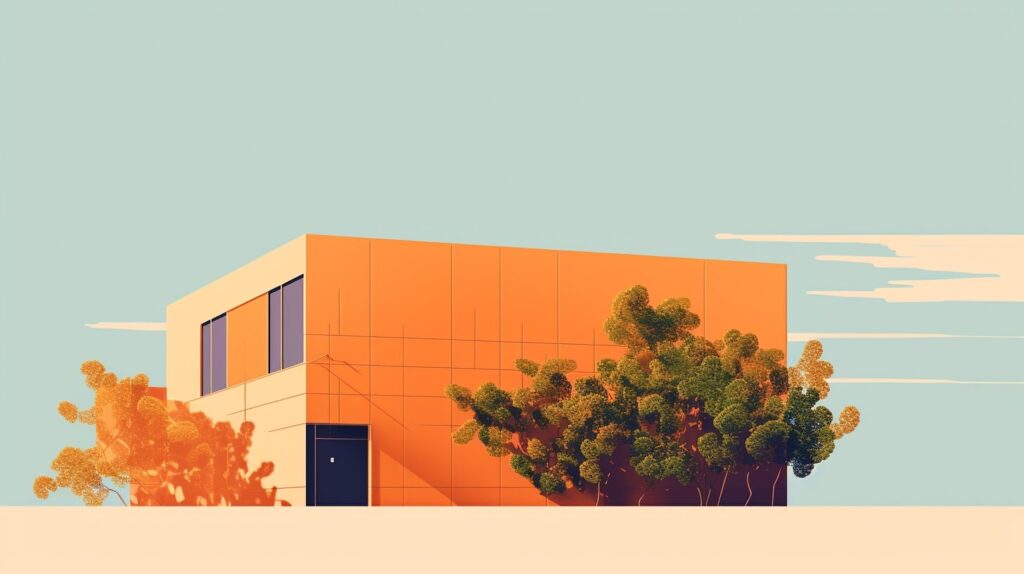
We are reader-supported. When you buy through links on our site, we may earn an affiliate commission.
The tiny house movement is taking the world by storm — and that’s putting it lightly. In a world filled with small apartments, giant mortgages and a million other less than ideal living situations, going off the grid in an affordable, compact home of your very own sounds like a total dream to plenty of soon-to-be homeowners. But how hard is it to build a tiny house?
If you happen to be among the intrigued party of all the hopefuls looking into tiny living, you might be wondering where to start. While there are plenty of tiny homes available for purchase either secondhand or brand new, the tiny community is a large DIY space with lots of hands on participation in the design and construction. If you want to start from the ground — or wheels — up, you totally can.
However, building isn’t for everyone. Plenty of tiny home lovers don’t have the time to get their hands dirty or the skills to execute their wild visions. Likewise, some people who would love to turn the key and get rolling don’t have the budget for a custom build or brand new home. So that leaves you with a question: should you build a tiny house, buy or go somewhere in between?
Rolling or Standing?
There are two main breeds of tiny homes, and it’s important to know the difference. While a tiny house on wheels is legally considered a recreational vehicle — an RV — a tiny house on a foundation is legally classified as an accessory dwelling unit or an ADU. Each offers unique freedoms and challenges. In the technical sense, owning an RV doesn’t make you a legal homeowner. You don’t need to deal with land and zoning laws, and you’ll generally have many more options in terms of where to park your house.
If you choose to deck out an RV that’s already built and on wheels, either in the traditional sense or in the form of a renovated school bus or van, you’ll already have a foundation in place, and building from scratch will be much less involved. However, building from a solid foundation or a transportable platform will be a different story. Before you dive in, think about what kind of tiny house you’re looking to build.
Budget
This tends to be an easy factor to determine, but you need to think about your budget. Generally speaking, it costs more to buy a tiny house or have one built custom than it does to build your own. While tiny house construction can cost as low as $12,000 when you DIY, the median custom tiny house build is somewhere in the neighborhood of $59,000. Really, you need to take a look at what you can afford and get into the nitty gritty of it.
Time and Skill
Money isn’t the only investment involved in tiny home building, as part of the reason why DIY builds clock in much lower than custom builds is obviously the labor involved. If you’re somebody with more time to invest than money, going DIY might be obvious. However, if time is the pace where you feel a bit short, making a larger monetary investment so you can involve yourself with the design more than the hands-on build might be your best bet. Some people take months or even years perfecting their tiny homes, and that could be time you’re just not willing to give up.
Another question to consider is your skill level. Have you ever built something before? If you haven’t, there might be a lot to learn, or perhaps a need to involve a professional in some capacity — especially if you live in a harsh climate or plan to take your home on the road, as elements like durability and insulation are important to get right when building for certain conditions.
Your Place on the Grid
While having a totally off-grid tiny home might sound like paradise, it involves a lot more work than meets the eye. Going off the grid doesn’t just mean opting out of all the systems that provide power, water and resources. It also means opting into systems you can rely on for your own home. If you want to include elements like water filtration, solar panels or solar water heating, you may need to carve out space in your budget and timeline for it.
Going further off the grid can also increase your need for involving professionals at the start of your project. Including alternate forms of energy can sometimes mean more hands and money going into your project in the short term, but less in the long term. Figure out how far off the grid you want to be, and go from there.
Get Tiny
No matter what you choose, you’ll figure out a way to explore tiny living however it works best for you. Whether you DIY your build from the jump or you find a place that totally calls your name, you’ll step into your very own tiny world.
